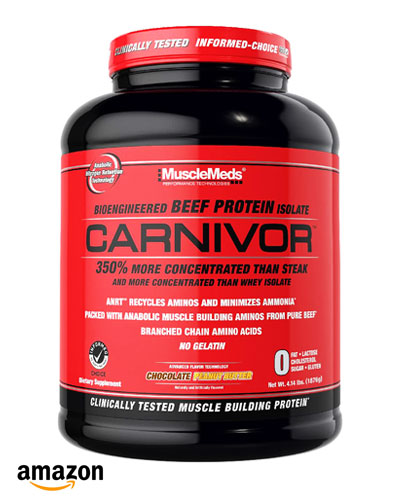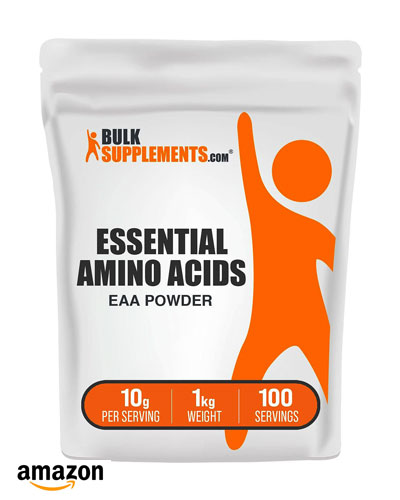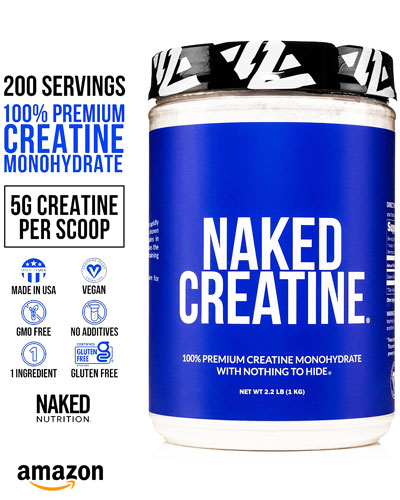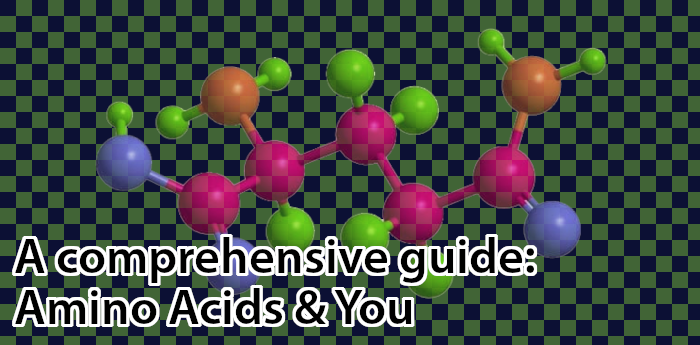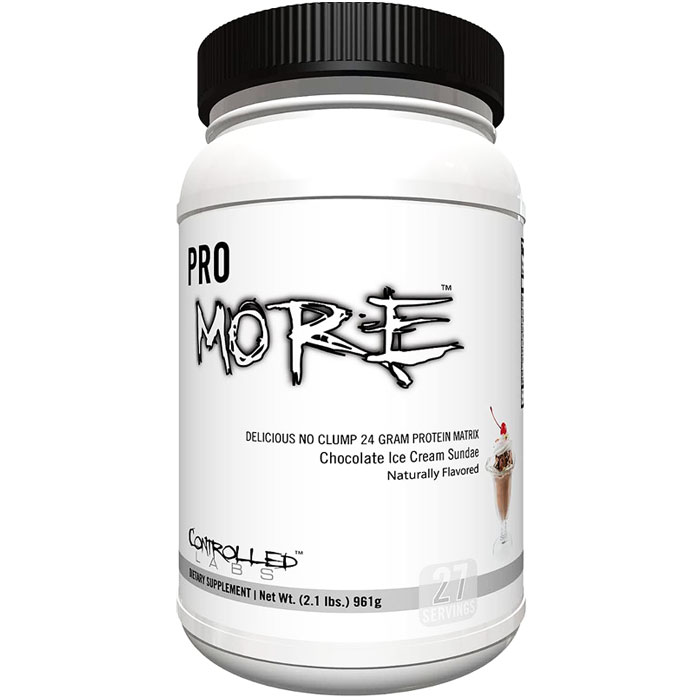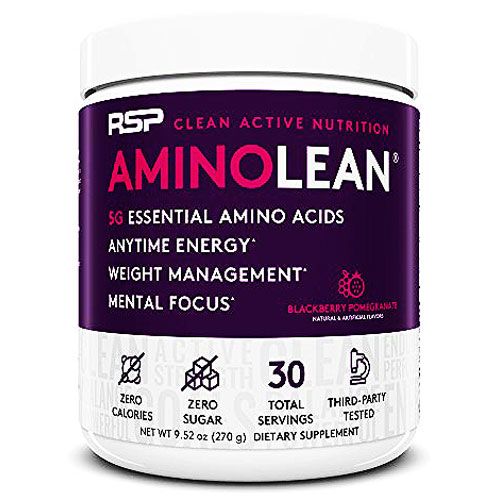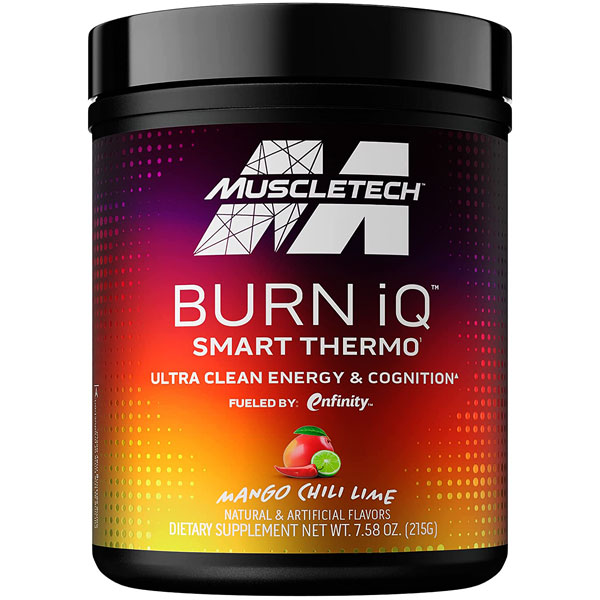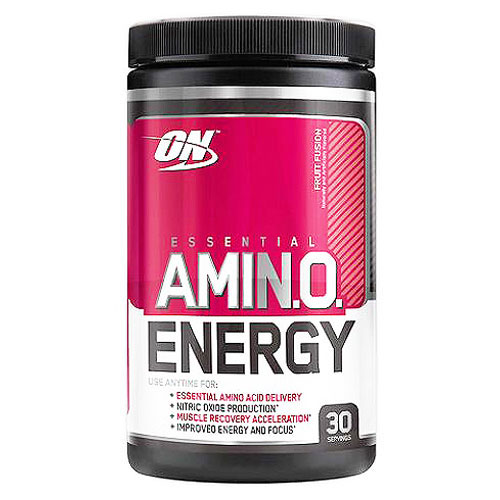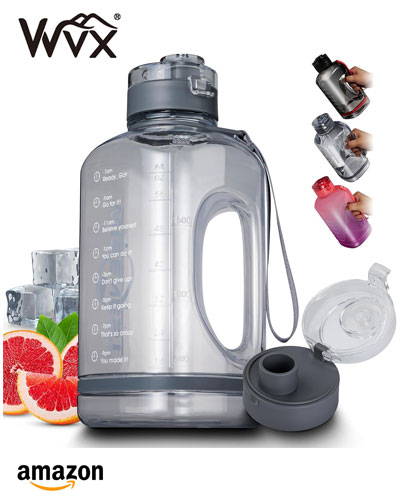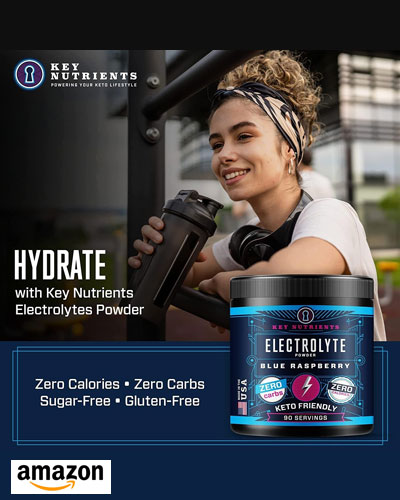

By: MuscleSports.net
Total Protein & Amino Acid Nutrition & Supplementation For Size, Strength, & Workout Performance!

Amino acids are the building blocks of protein in the body; as such they are essential for the synthesis of structural proteins, enzymes, and some hormones and neurotransmitter. Amino acids are also involved in numerous metabolic pathways that affect exercise metabolism. Consequently, it has been suggested that athletes involved in intense training require additional protein in the diet or that they should supplement their diet with specific amino acids. I review here the rationale and the evidence for the potential ergogenic effect of short-term supplementation with protein and amino acids and the evidence for the potential anabolic effect of longer-term use when supplementation is combined with training. We will deal first with protein, then with the amino acids, which are separated in the following categories: the anabolic amino acids; the branched-chain amino acids, which have a somewhat different role in metabolism and in their potential effect on performance; glutamine, which is in a class of its own for its effects on the immune system; creatine, an amino acid that is not one of the building blocks of protein but is involved in short-term energy production in muscle; and hydroxymethylbutyrate (HMB), a potentially anabolic metabolite of the amino acid leucine.
Protein Powders - more...
Don't let anyone ever tell you that protein isn't the most important nutrient to a bodybuilder. Carbs do the actual building, fats make hormones. But what do you suppose these things would do in the body without enough building blocks to make new tissue or maintain it? The standard recommendation for carbs for instance is 60 percent of your diet, but for those of us consuming 250 grams or more of protein, this is often impossible to accommodate and stay within our calorie limit. So 50 percent will do you just fine. It's important to maintain a positive nitrogen balance throughout the day, so it's essential to spread your protein intake over the entire day. The standard equation is easy: take your weight in pounds and multiply it with 1 or 1.5, so that's 200-300 grams of protein daily for a 200 pound bodybuilder. Now divide this by the number of meals you take in a day. If you eat 5 meals, that comes down to 40-60 grams of protein per meal. If you eat 8 meals that's 25-37 grams per meal.
Recently research has had a big interest in determining the effects of pre- and post-exercise carbohydrate and protein feedings on hormonal responses to exercise. Hey all they had to do was come to us, we have been looking at this for over a decade. No suprise, what hey discovered was that the ingestion of protein with carbohydrate has been reported to increase insulin and/or growth hormone levels to a greater degree than ingestion of carbohydrate alone. Consequently, ingesting protein and carbohydrate prior to exercise may serve as an anti-catabolic nutritional strategy. Further, ingesting carbohydrate and protein following exercise may promote a more anabolic hormonal profile, glycogen resynthesis, and/or hasten recovery from intense exercise. Over time these alterations may allow a bodybuilder to tolerate training to a greater degree and/or promote greater training adaptations (muscle size and strength).
Anabolic Amino Acids - more...
One of the most commonly purported benefits of amino acid supplementation is that certain amino acids (e.g., arginine, histidine, lysine, methionine, ornithine, and phenylalanine) can or may stimulate the release of growth hormone, insulin, and/or glucocorticoids, thereby promoting anabolic processes. There is clinical evidence that amino acid supplementation may stimulate growth hormone releasing factors and/or growth hormone release. For example, intravenous arginine and ornithine infusion have been used clinically for stimulating growth hormone release. In addition, preliminary clinical studies indicated that protein (20 to 60 g); arginine and lysine (1.2 g); and ornithine (70 mg/kg) increased growth hormone and somatomedin concentrations in the blood.
Branched-Chain Amino Acids - more...
Researchers have expended a considerable amount of effort on evaluating the effects of supplementation of branched-chain amino acids (BCAAs: leucine, isoleucine, and valine) on physiological and psychological responses to exercise. There are two primary hypotheses regarding the ergogenic value of supplementation with these amino acids.
First, BCAA supplementation has been reported to decrease exercise-induced protein degradation and/or muscle enzyme release (an indicator of muscle damage) possibly by promoting an anti-catabolic hormonal profile. BCAA supplementation during intense training may help minimize protein degradation and thereby lead to greater gains in fat-free mass. Although several studies support this hypothesis, additional research is necessary to determine the long-term effects of BCAA supplementation during training on markers of catabolism, body composition, and strength.
Second, the availability of BCAA during exercise has been theorized to contribute to central fatigue. During endurance exercise, BCAAs are taken up by the muscles rather than the liver in order to contribute to oxidative metabolism. The source of BCAAs for muscular oxidative metabolism during exercise is the plasma BCAA pool, which is replenished through the catabolism of whole body proteins during endurance exercise. However, the oxidation of BCAAs in the muscle during prolonged exercise may exceed the catabolic capacity to increase BCAA availability, so plasma BCAA concentration may decline during prolonged endurance exercise. The decline in plasma BCAAs during endurance exercise can result in an increase in the ratio of free tryptophan to BCAAs. Free tryptophan and BCAAs compete for entry into the brain via the same amino-acid carrier. Therefore, a decrease in BCAAs in the blood facilitates entry of tryptophan into the brain. Moreover, most tryptophan in the blood is bound to albumin, and the proportion of tryptophan bound to albumin is influenced by the availability of long-chained fatty acids. In endurance exercise free fatty-acid concentration rises, so the amount of tryptophan bound to albumin falls, increasing the concentration of free tryptophan in the blood.
Collectively, the decline in plasma BCAAs and increase in free tryptophan during prolonged endurance exercise alters the ratio of free tryptophan to BCAAs and increases the entry of tryptophan into the brain. An increased concentration of tryptophan in the brain promotes the formation of the neurotransmitter 5-hydroxytryptamine (5-HT). 5-HT has been shown to induce sleep, depress motor neuron excitability, influence autonomic and endocrine function, and suppress appetite in animal and human studies. An exercise-induced imbalance in the ratio of free tryptophan to BCAAs has been implicated as a possible cause of acute physiological and psychological fatigue (central fatigue). It has also been hypothesized that chronic elevations in 5-HT concentration, which may occur in athletes maintaining high-volume training, explains some of the reported signs and symptoms of the overtraining syndrome: postural hypotension, anemia, amenorrhea, immunosuppression, appetite suppression, weight loss, depression, and decreased performance.
A number of studies have recently been conducted to evaluate whether carbohydrate and/or BCAA supplementation affects central fatigue during exercise and/or signs and symptoms of overtraining. Analysis of this literature indicates that carbohydrate and/or BCAA supplementation during exercise can positively affect the ratio of free tryptophan to BCAA. For example, carbohydrate administration during exercise has been reported to attenuate FFA release and minimize increases in the free tryptophan:BCAA ratio. In addition, BCAA supplementation has been reported to increase plasma BCAA concentration and minimize and/or prevent increases in the ratio of free tryptophan to BCAAs. Studies also indicate that BCAA administration with or without carbohydrate prior to and during exercise can affect physiological and psychological responses to exercise.
Glutamine supplementation as a strategy to promote muscle growth has been a suggestion for quite a while by many. They based the suggestion on animal and human studies of the effect of glutamine on protein synthesis, cell volume, and glycogen synthesis. Glutamine is also an important fuel for white blood cells, so reductions in blood glutamine concentration following intense exercise may contribute to immune suppression in overtrained athletes.
Preliminary studies indicate that supplementation with branched-chain amino acids (4 to 16 g) and/or glutamine (4 to 12 g) can prevent the decline or even increase glutamine concentration during exercise. Its effects on replenishing the body after stress or trauma have been shown in Europe where it is commonly given to patients in hospitals. Glutamine's cell-volumizing effects have also been shown in several studies. No conclusive studies have been done to evaluate the effects of L-glutamine supplementation on weight-training adults; however, a recent study showed up to a 400% increase in growth-hormone levels when as little as 2 grams of free-form L-glutamine supplement was consumed!
Creatine is a naturally occurring amino acid derived from the amino acids glycine, arginine, and methionine. Most creatine is stored in skeletal muscle, primarily as phosphocreatine; the rest is found in the heart, brain, and testes. The daily requirement of creatine is approximately 2 to 3 g; half is obtained from the diet, primarily from meat and fish, while the remainder is synthesized. Creatine supplementation has been proposed as a means to "load" muscle with creatine and phosphocreatine (PCr). In theory, an increased store of creatine or phosphocreatine would improve the ability to produce energy during high intensity exercise as well as improve the speed of recovery from high-intensity exercise.
A number of studies have been conducted to determine the effects of creatine supplementation on muscle concentrations and performance. Creatine supplementation (20 g per day or 0.3 g per kg body mass per day for 4 to 7 days) has been reported to increase intramuscular creatine and phosphocreatine content by 10 to 30%. There is also evidence that creatine supplementation enhances the rate of PCr resynthesis following intense exercise. Most studies indicate that short-term creatine supplementation increases total body mass, work performed during multiple sets of maximal effort muscle contractions, and single and/or repetitive sprint capacity. In addition, long-term creatine supplementation during training has been reported to promote greater gains in strength, fat-free mass, and sprint performance. Although more research is needed, creatine supplementation appears to be a safe and effective nutritional strategy to enhance high intensity exercise performance and improve training adaptations.
Hydroxymethylbutyrate (HMB) - more...
The leucine metabolite hydroxymethylbutyrate (more exactly the calcium salt of ß-hydroxy ß-methylbutyric acid) has recently become a popular dietary supplement purported to promote gains in fat-free mass and strength during resistance training. The rationale is that leucine and its metabolite a-ketoisocaproate (KIC) appear to inhibit protein degradation, and this anti-proteolytic effect may be mediated by HMB. Animal studies indicate that approximately 5% of oxidized leucine is converted to HMB via KIC. The addition of HMB to dietary feed improved colostral milk fat and growth of sows, tended to improve the carcass quality of steers. Supplementing with leucine and/or HMB may therefore inhibit protein degradation during periods associated with increased proteolysis, such as resistance training.
Although much of the available literature on HMB supplementation in humans is preliminary in nature, several recently published articles and abstracts support this hypothesis. Leucine infusion appears to decrease protein degradation in humans. HMB supplementation during 3 to 8 weeks of training has been reported to promote significantly greater gains of fat-free mass and strength in untrained men and women initiating resistance training. In some instances these gains were associated with signs of significantly less muscle damage (efflux of muscle enzymes and urinary 3-methylhistidine excretion). Although these findings suggest that HMB supplementation during training may enhance training adaptations in untrained individuals initiating training, it is less clear whether HMB supplementation reduces markers of catabolism or promotes greater gains in fat-free mass and strength during resistance training in well-trained athletes. Indeed, there are several reports of no significant effects of HMB supplementation (3 to 6 g per day) in well-trained athletes. More research is needed.
CONCLUSIONS
- Dietary supplementation of protein beyond that necessary to maintain nitrogen balance does not provide additional ergogenic benefit.
- Ingesting carbohydrate/protein prior to exercise may reduce catabolism whereas ingesting carbohydrate/protein following exercise may promote glycogen resynthesis, a more anabolic hormonal environment, and recovery.
- There is some evidence from clinical populations that certain amino acids (e.g., arginine, histidine, lysine, methionine, ornithine, and phenylalanine) may stimulate the release of growth hormone, insulin, and/or glucocorticoids and thereby promote anabolic processes.
- Branched-chain amino acids and glutamine have been hypothesized to affect central fatigue and exercise-induced immune suppression, but their ergogenic value during prolonged exercise is equivocal at present.
- Most studies indicate that creatine supplementation is an effective and safe means to enhance intermittent high-intensity exercise performance as well as training adaptations.
- Hydroxymethylbutyrate supplementation has been reported to reduce catabolism and promote greater gains in strength and fat-free mass in untrained individuals initiating training. Limited data are available on the effects of HMB supplementation on training adaptations in athletes.
FURTHER RESEARCH
Over the last few decades researchers have found that amino acids play multiple roles in muscle metabolism. THey can increase synthesis, reduce onset muscle soreness, and can help reduce fatigue during and after training. For these few reasons, researchers and athletes are interested in the effects of amino-acid supplementation on exercise metabolism, exercise performance, and training adaptations. Although significant advances have been made, much remains to be learned about these effects. Researchers should also evaluate the long-term safety of amino-acid supplementation, as well as the potential medical value in the treatment of various diseases.
Tags: Supplements Protein Amino Acids Muscle Builder
Train Smart & Train Hard!
DL
Thank You...

Send Us Your Comments:
Protein and Amino-Acid Supplementation For Performance and Recovery - Comments
Related Articles
Comments:
- 33405Po: Very good! - 10/03/22
- 00943Joann: Loved the information on amino acids, thanx - 04/05/22
- 767432Colt: Very good article! - 11/30/19
- 88686JJ: Love the info, straight to the point, no fluff! Keep up the good work!- 06/03/19
- 48685Dan: Great info! - 03/12/19

 Nutrition Books
Workout Accessories
Videos
Workout Music
Nutrition Books
Workout Accessories
Videos
Workout Music
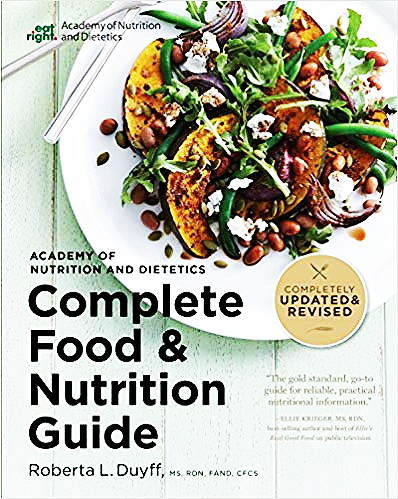

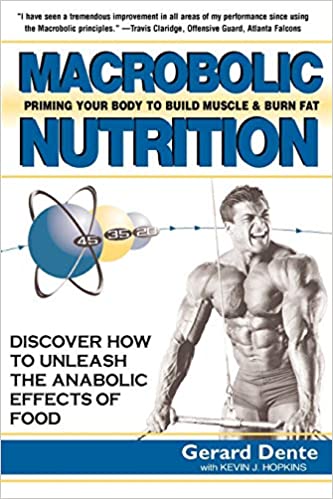

 By: MuscleSports.net
By: MuscleSports.net

